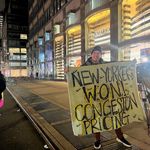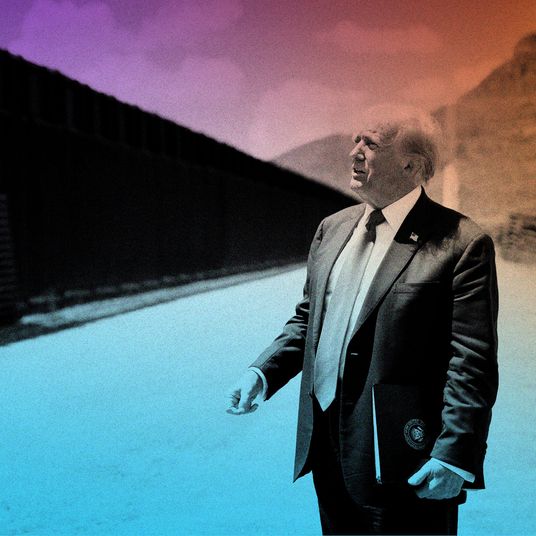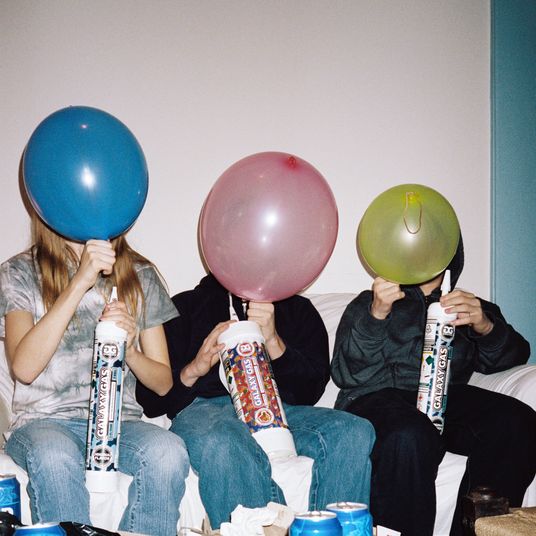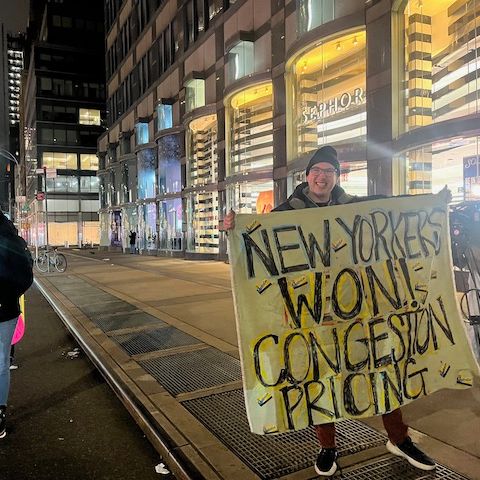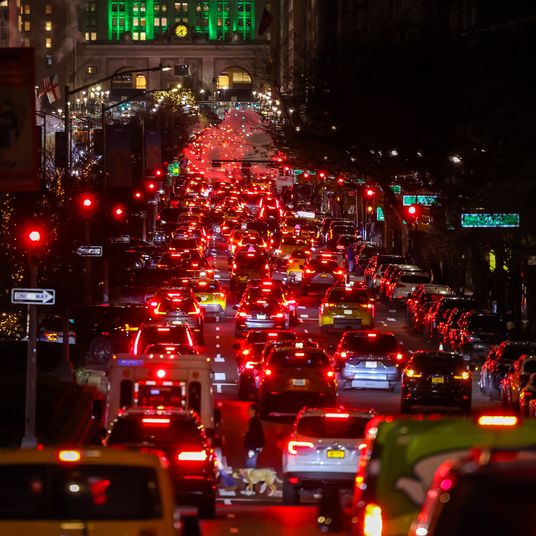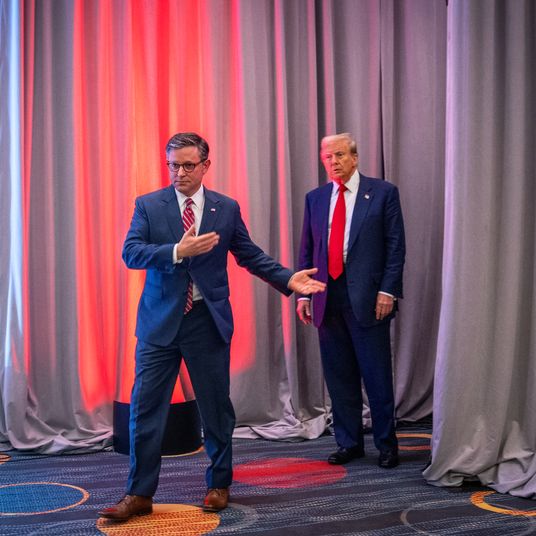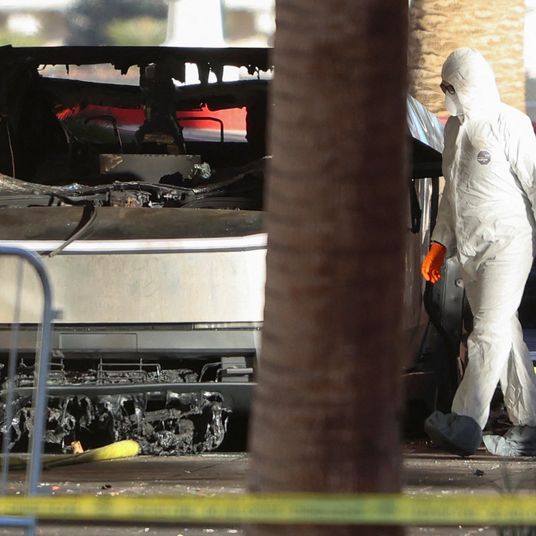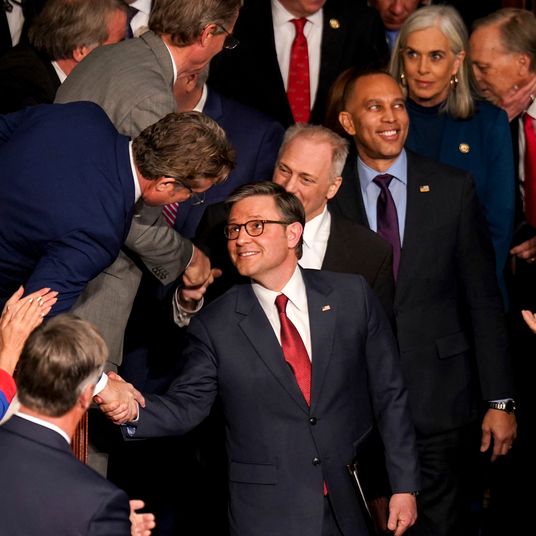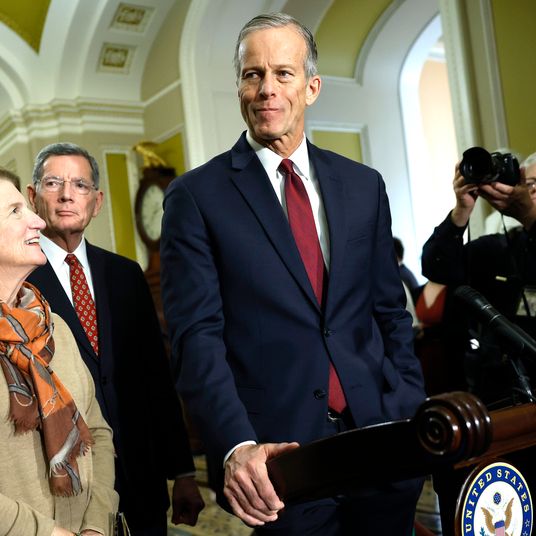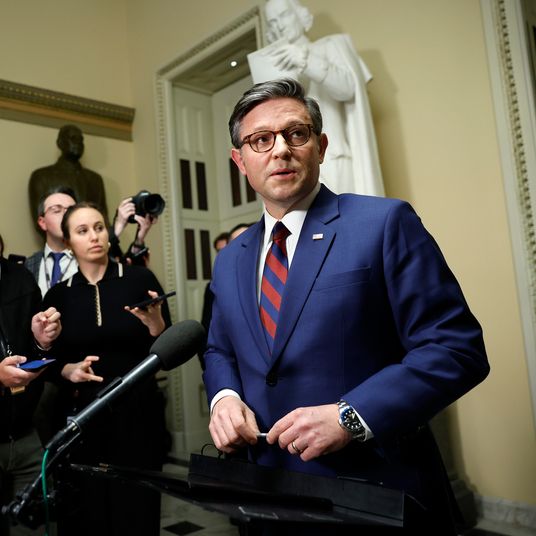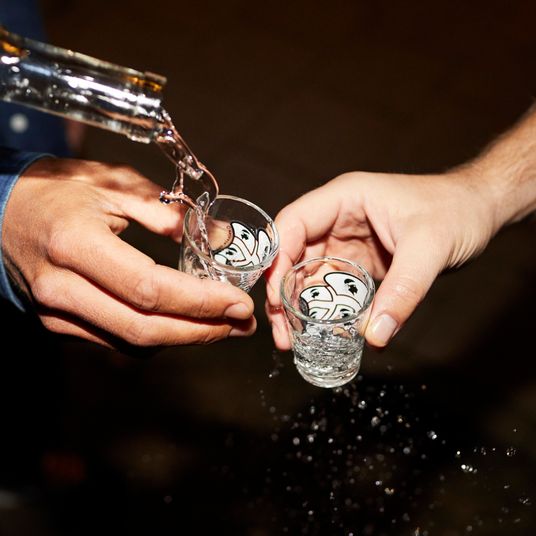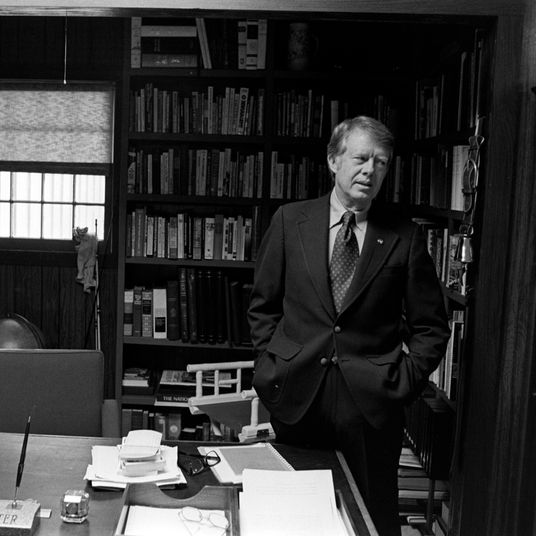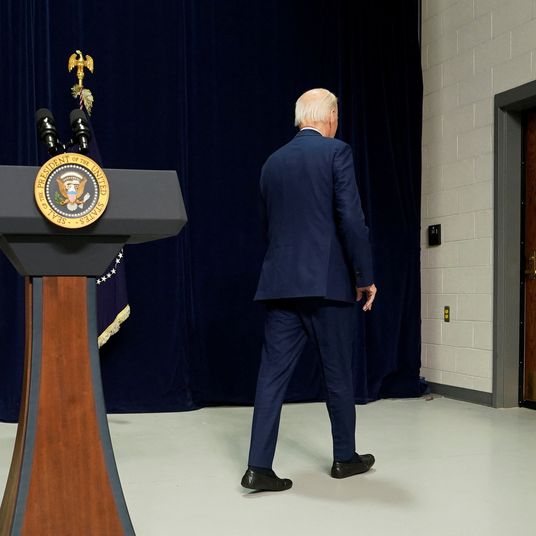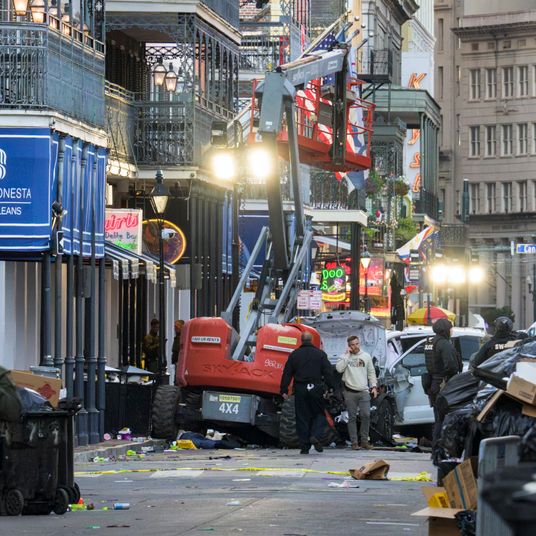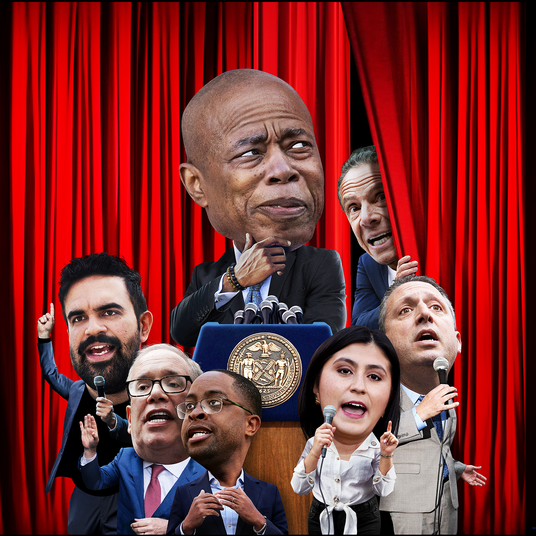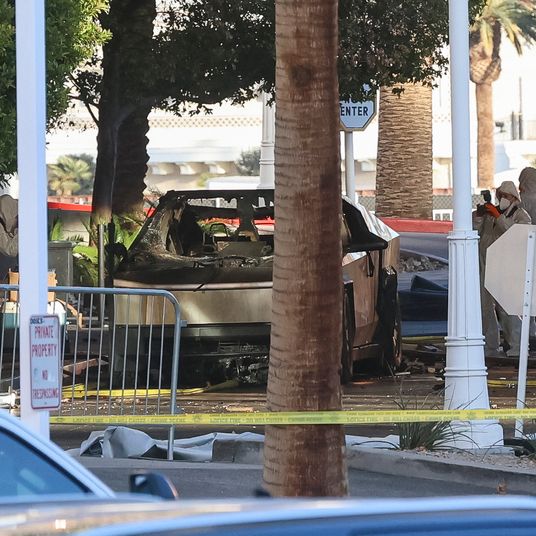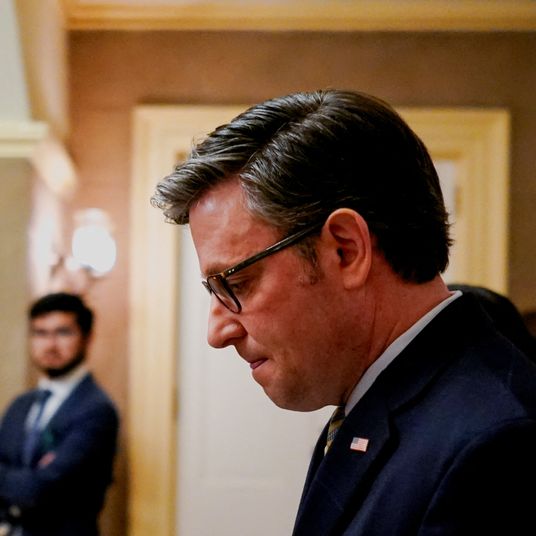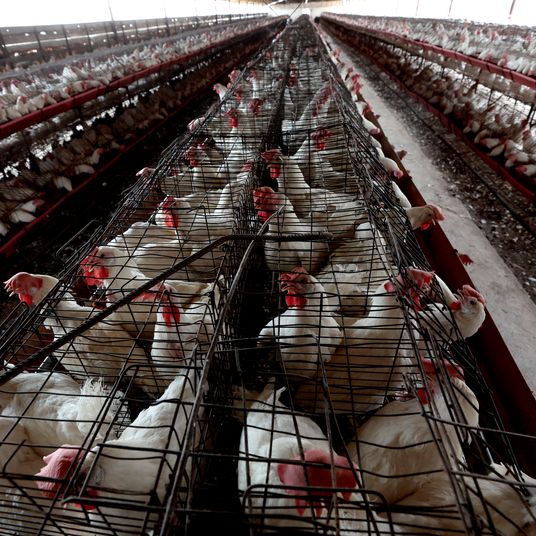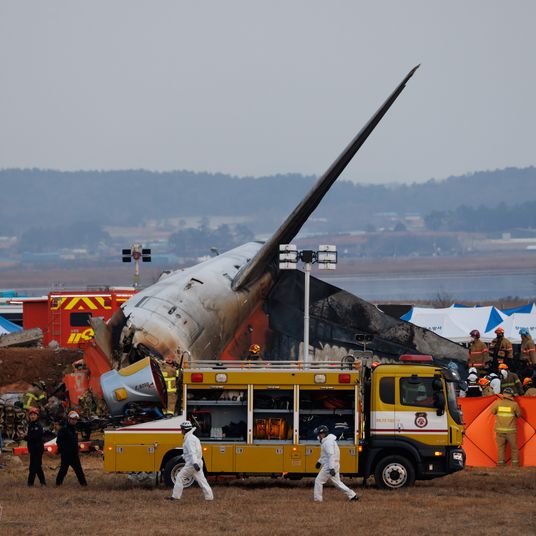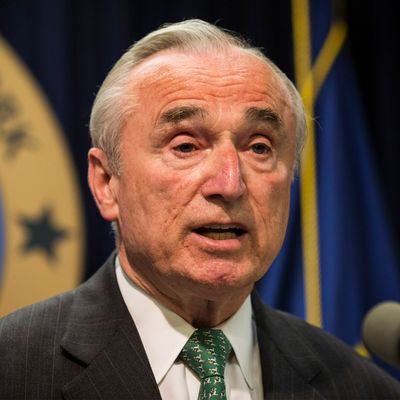
On Friday, police commissioner Bill Bratton finally acknowledged something that was already quite clear to many New Yorkers: The NYPD has been engaged in a work stoppage — or a “slowdown,” as he put it — since the shooting of officers Rafael Ramos and Wenjian Liu, though he declined to describe it as an organized effort. “I don’t know what the cause is. That’s 30,000-some-odd officers; that their motivations might be different for different ones,” Bratton said. “I’m not aware of any formal encouragement by union leadership in this matter.” Despite his supposed unawareness of the stoppage’s origins, he seemed fairly sure about how it would end: “The slowdown is over in the sense that the numbers are starting to go back up again. I anticipate by early next week that the numbers will return to their normalcy.”
The cops’ recent unwillingness to issue citations and summonses for stuff like drinking and peeing in public and various traffic violations has reportedly resulted in New York City losing more than $10 million in projected revenue each week. (Summonses have been down by around 90 percent.) Meanwhile, arrests in the last week of 2014 and the first of 2015 have declined by 56 percent when compared to the same period last year. The stoppage has resulted in some almost-surreal situations, such as the one in Times Square on New Year’s Eve. From the Associated Press:
Of all the statistics from the recent New Year’s Eve in Times Square - 1 million revelers, 2,000 pounds of confetti, thousands of police officers, dozens of surveillance cameras - there is one number that stands out: zero, as in zero tickets for low-level crimes.
No tickets for having an open container of alcohol, no tickets for public urination, no tickets for double parking, no tickets for furry, costumed characters hassling tourists to take their picture. Add in low-level arrests, and there was just one, for a subway-related offense.
Not busting people for minor things hasn’t transformed the city into a criminal wasteland. The AP also noted that, “In the past two weeks, reports of serious crimes were down to 3,704 from 4,130 in the same period a year earlier,” which is in line with the overall decrease in crime that New York has experienced over the last few years.
Bratton insisted that this reality doesn’t invalidate his signature “broken windows” policing theory. “The whole thesis of ‘broken windows’ is: If over time you don’t address an issue, over time it will create a larger issue,” he said. According to the New York Times, he used a Wednesday night meeting with NYPD union leaders to stress “how less than vigorous street work could create a lawless climate.”
The police chief’s preference has reportedly been communicated to the rank-and-file. “Cops have all heard it at roll call,” said an unnamed NYPD supervisor. “The word is out: You better start working again.” After all, everybody else did last week.




